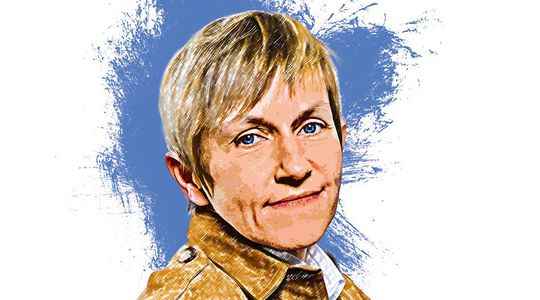Philippe le Hardi became famous in French history for having, at the battle of Poitiers, protected King Jean II le Bon by his cries: “Father, keep to the left, keep to the right!” It could be that the two elections of 2022 resemble this memorable fight and one can easily imagine Jean Castex le Bon and Edouard Philippe le Hardi, which suits them quite well, joining their efforts to spare the president a path allowing him to emerge victorious from the presidential election despite Mélenchon’s score, without cohabitation after the legislative elections despite that of the Republicans.
The first step having been taken, we must salute the performance of Emmanuel Macron and recognize what this success owes to his balance sheet. The 2022 results confirm his 2017 intuitions: mainstream parties are discredited by their past failure to address the country’s problems, and political divides are reconfiguring along lines more complex than those of right and left. The re-elected president only brought together 20% of the registered voters in the first round, but this is better than in 2017 and in the average of all presidents for twenty years, with the exception of Nicolas Sarkozy in 2007, to whom this did not hardly used. Emmanuel Macron will have neither 100 days, nor a state of grace, nor a mandate; but these concepts have long been clichés.
Of course, by his arrogant attitudes, the president has contributed to sociologically cutting the country in two, those who benefit from the potentialities of the changing world and those who suffer from them or who fear them. By his individual poachings, he aggravated the collapse of the right and the left of government. We can blame him for having knowingly left no room for a Republican alternative to him. But if it is true that in electoral matters, the only standard of measurement is that of the results, everything should encourage Emmanuel Macron to continue as before since we do not change either a team or a winning method. By proposing to entrust his Prime Minister with the task of planning the ecological transition, he has also sent the sign that he intends to continue to lead the nation’s policy himself, because we cannot at the same time take care of public policy and coordinate government action.
The structuring of the electorate into three poles could prove to be sustainable
The risk is that in 2027 a populist candidate will end up winning. This prospect is not certain. The Republican front has cracked, but it still holds in relatively comfortable proportions. The structuring of the electorate into three poles, of which none of those situated at the extremes can govern with the other, could prove to be durable. If we finally consider that, in order to protect the weakest, restore equality of opportunity, restore purchasing power, we must stop tinkering with a check here, a tax exemption there, and instead attack the restoring the fundamentals of the economy, deepening the reforms should end up reunifying the country around a common hope of progress and justice. Coherence implies in any case to think it and to do it.
The pitfall is not being able to. Not for lack of a majority in Parliament: the re-elected president will have one, if necessary by bartering some promises of ministerial portfolios against the support of some Republicans. The mother of his future immobility is much more formidable: it is the fear of the street. The trap of the new five-year term lies in these words: immobile, it opens the way to populist victory; reformer, it opens that of repeated crises which will borrow all the colors of the waistcoat.
Its room for maneuver is therefore reduced to reforms that do not put anyone on the roundabouts. It can undertake a decentralizing revolution. This supposes a constitutional revision, but it is possible on this point to have the agreement of the Senate. The challenge is to transfer to local authorities no longer procedures, but competences, that is to say to give, in particular to the regions, the possibility of carrying out real differentiating public policies, and to break down certain taboos such as that of a national education system. It can drastically reduce compulsory levies, in particular production taxes. This is a priority, which however presupposes controlling, in an inflationary context, the pressure on public debt rates. He can finally act by way of the referendum by justifying by the singular political context not to subordinate to the results the legitimacy and the continuation of his mandate.
* Emmanuelle Mignon is a former advisor to Nicolas Sarkozy and associate lawyer at August Debouzy.
